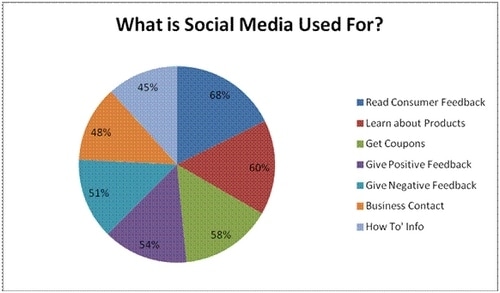1.3m Facebook Users: November Lapowsky Protocol

The November Lapowsky Protocol is a set of standards put in place by Facebook in the wake of the Cambridge Analytica scandal. The protocol was implemented in November 2018, and it applies to all Facebook users who had their data improperly accessed by Cambridge Analytica. According to the protocol, Facebook will notify all affected users, provide them with additional information about what happened, and give them the ability to request that their data be deleted. The protocol also requires Facebook to increase transparency about how data is used, as well as strengthen its overall security measures. By taking these steps, Facebook is working to ensure that the data of its 1.3 billion users is secure and that their privacy is protected.
What are free trials?
Free trials are a common marketing tactic used by companies to entice potential customers to try out their products or services. Usually, the trial period lasts for a certain amount of time—typically a few weeks or months—during which the customer can use the product or service for free. At the end of the trial period, the customer will either have to pay for the product or service or it will be automatically discontinued. Free trials are a great way to get a feel for a product or service before committing to it and can be a great way to save money.
Why do companies offer free trials?
Companies offer free trials as a way to entice customers to try their products or service. By offering a free trial, the company is able to demonstrate the value of the product and give potential customers a chance to try it out for themselves. This can be an effective way to build trust with customers and encourage them to purchase the product or service. It also allows companies to collect data about customer usage and preferences which can be used to improve the product or service. Free trials can also be used as a marketing tool, allowing companies to reach a wider audience and generate more interest in their product. Ultimately, offering free trials is a great way for companies to acquire new customers and increase sales.
How do free trials impact customer retention?
Free trials are a great way to encourage customers to try out a product or service. They are especially effective for digital products such as software, where customers can get a firsthand look at what they are buying. Free trials can also be a powerful tool for customer retention, as customers who have tried out a product are more likely to become loyal customers. Additionally, free trials can help build trust with customers, as they demonstrate that a company is willing to stand behind its product. Free trials also make it easier for customers to make informed decisions since they can try out a product before committing to it. Ultimately, free trials are an effective way to increase customer retention and build trust with potential customers.
What are some alternatives to free trials?
For many businesses, free trials are an effective way to entice new customers and promote their products. However, free trials aren’t the only way to do this. Here are some alternatives that could be just as effective:
– Demos: Offer a demonstration version of your product or service that customers can try out before they commit to buying.
– Discounts: Offer discounts to new customers to encourage them to take the plunge.
– Referral Programs: Offer incentives for existing customers to refer new customers to your business.
– Free Samples: If applicable, give away free samples of your product to get people interested in trying it out.
– Money Back Guarantees: Offer a money-back guarantee on your products or services to instill confidence in potential customers.
These are just a few of the alternatives to free trials that businesses can use to attract new customers. By exploring these options, businesses can find the right solution for their needs.
In conclusion, free trials may not be the best way to retain customers.
In conclusion, free trials may not be the best way to retain customers in the long term. While they can be effective in allowing potential customers to test out a product or service, the cost of providing these trials can be high and the results may not always be worth it. Furthermore, customers may take advantage of the trial period and not return, or they may become accustomed to using the product for free and be unwilling to pay for it in the future. For businesses looking to maximize customer retention, it may be more effective to focus on providing exceptional customer service and offering other incentives such as discounts or loyalty programs.






